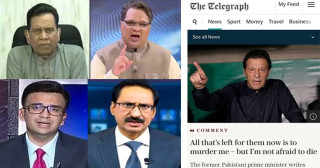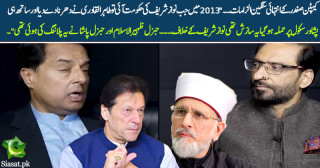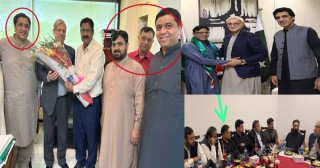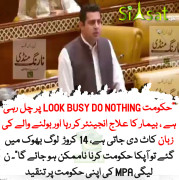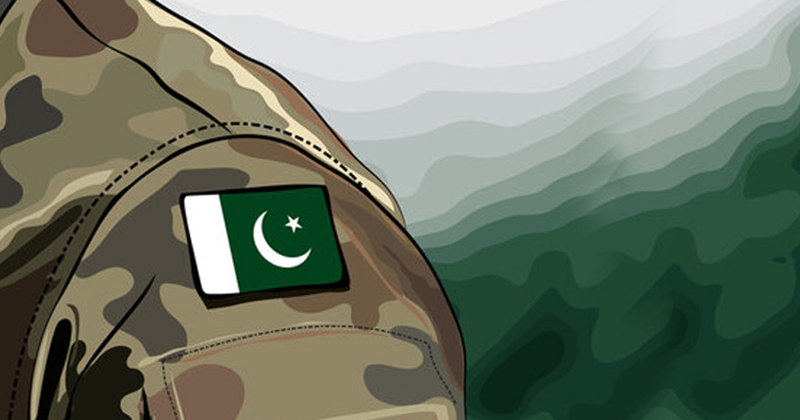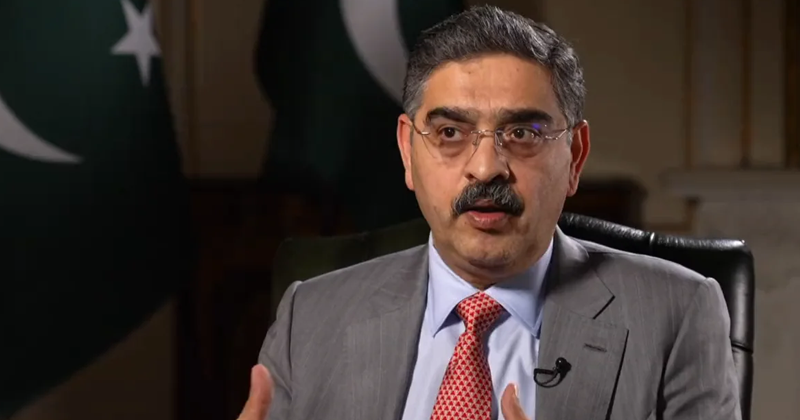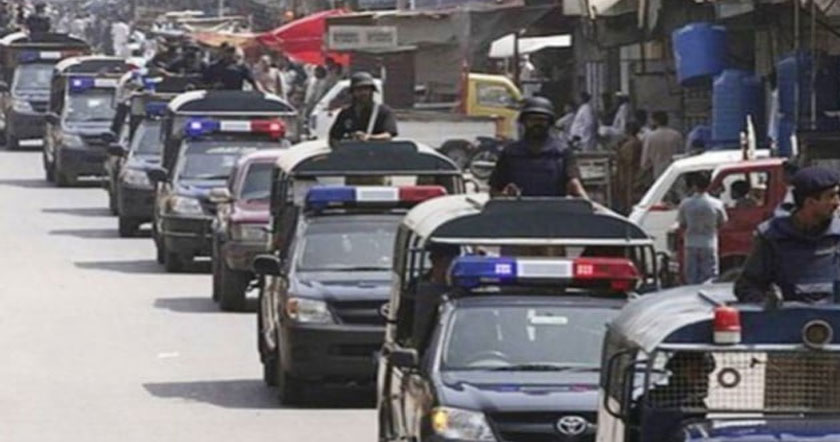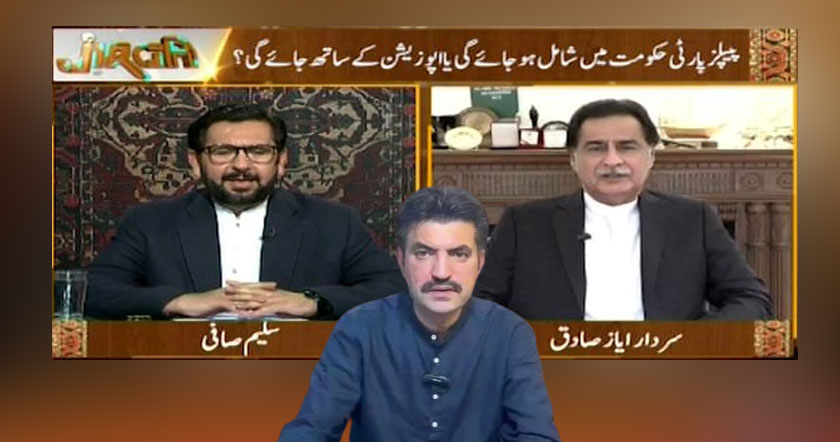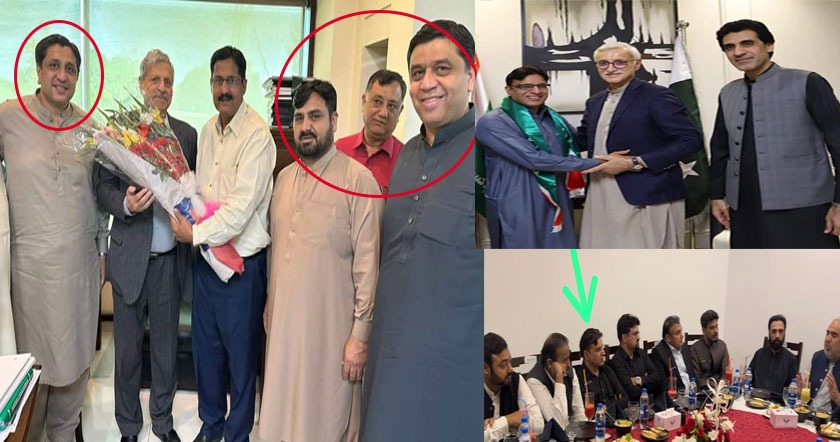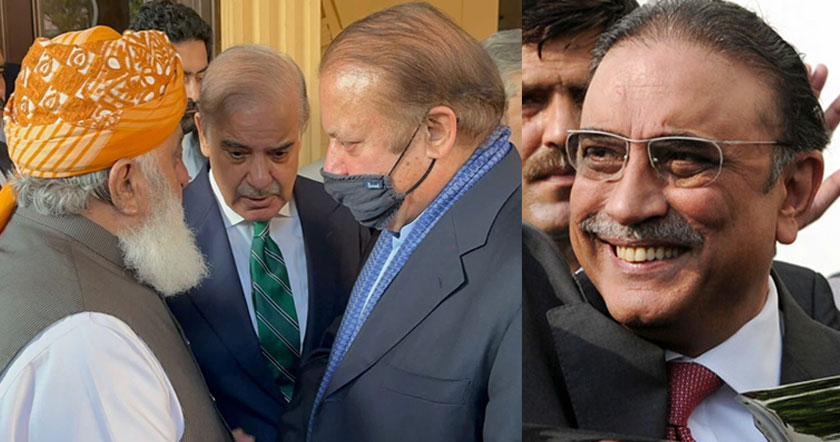On July 22, 2011, Anders Behring Breivik, a Norwegian far right extremist, perpetrated two back-to-back attacks in Norway. The first bombing on a government building in Oslo caused eight deaths. The second attack, the shooting at the Norwegian Labor Party's youth camp on the island of Ut � ya, killed more than 70 people, predominately youth. Breivik claimed contact with national and international far right and anti-Muslim groups. This was a national tragedy for Norway and a despicable act by an anti-Muslim extremist. The crimes perpetrated by Breivik highlight the threat represented by home-grown (and overwhelmingly Christian) far right terrorists in the transatlantic area. It may be the case that Christian terrorists generally do not invoke their faith as explicitly as a motivation for violence as some Muslim extremists do. However, more broadly, there appears to be a general reluctance to label atrocities as "terrorism" unless they are perpetrated by Muslims. It is still being debated whether or not far right extremism constitutes terrorism, but such debate is generally absent if atrocities are committed by Muslim extremists.
The U.S. Department of Defense defines terrorism as: " The calculated use of unlawful violence or threat of unlawful violence to inculcate fear; intended to coerce or to intimidate governments or societies in the pursuit of goals that are generally political, religious, or ideological." However, the majority of media reports have been disinclined in applying the terrorist classification to Breivik, frequently preferring less poignant terms such as "extremist." It was similarly debated whether the politically-motivated 2010 suicide attack on an Internal Revenue Service building in Texas was a "terrorist act" (in this case Christian Joseph Stack flew a small airplane into an Austin IRS building killing himself and an IRS employee). T here would have been no similar hesitation in labeling if Breivik were a Muslim. Just think of Najibullah Zazi's plot to blow up the New York City subway in 2009, Nidal Malik Hasan's shootings in the Fort Hood in 2009, or Faisal Shahzad's foiled car bombing attempt in the New York's Time Square in 2010. These were all reported as terrorist plots.
In the course of my research on political mobilization and reactive conflict spillover in migrant-background communities, I spent several weeks in Muslim communities in London and Detroit. I met with many who were frustrated that Muslim communities in the West are held collectively responsible for actions of those terrorists whose actions are influenced by misguided and perverse interpretations of Islam. Ordinary Muslims felt as if they were expected to denounce actions of terrorists of Muslim faith; and an overwhelming majority of Muslim representatives (especially in the U.S.) have repeatedly and publically denounced such terrorist violence. Should far right or perhaps even Christian groups be held to a similar standard? In all fairness, some far right groups have eventually condemned Breivik, but not all. Should we expect comparable reprimands from Christian organizations as well? Of course, Breivik's Christian views are not representative of broader Norwegian Christian beliefs, but neither are Muslim terrorists' views representative of the mainstream interpretations of Islam.
Membership in far right groups has recently increased in both Europe and the U.S.--and is often motivated by an opposition to growing Muslim presence and the perceived "Islamization" of their home countries. While such groups do not support terrorist activities directly, they do create an environment hospitable to hostility and violence. Troublingly, such far right groups frequently justify their existence through opposition to angry Muslim fringe groups--whom they mistakenly see as being representative of all Muslims. For example, the now well-known English Defense League (EDL) emerged in response to a provocative protest march against British soldiers organized by radical Muslim group Islam4UK in 2009. Meanwhile, the now banned Islam4UK (known for its sensational protests, and calls for imposition of Sharia in the UK) never commanded more than a few hundred followers from more than two million Muslims residing in the UK. Angry Muslim organizations as well as anti-Islamic groups have been less prominent in the U.S. For example, on March 3, 2011, Anjem Choudhary, the former leader of Islam4UK, planned a demonstration calling for Sharia to be established in the U.S. The demonstration was to take place just outside the White House in Washington, D.C. This event was cancelled in the last moment, but that did not stop a small number (few dozen) of counter-protesters to display their opposition to the planned Sharia demonstration.
Overall, according to Department of Homeland Security data, instances of right wing extremist activism in the U.S. increased in 2008 and 2009 and have remained of great concern since then. We should not avoid using the term "terrorism" in instances when such acts are committed by Christian right wing extremists.

Juris Pupcenoks by Juris Pupcenoks
http://org2.democracyinaction.org/dia/track.jsp?v=2&c=3a3qr92vetcbtTlaQC6n6Y8DMN2DJWX2
The U.S. Department of Defense defines terrorism as: " The calculated use of unlawful violence or threat of unlawful violence to inculcate fear; intended to coerce or to intimidate governments or societies in the pursuit of goals that are generally political, religious, or ideological." However, the majority of media reports have been disinclined in applying the terrorist classification to Breivik, frequently preferring less poignant terms such as "extremist." It was similarly debated whether the politically-motivated 2010 suicide attack on an Internal Revenue Service building in Texas was a "terrorist act" (in this case Christian Joseph Stack flew a small airplane into an Austin IRS building killing himself and an IRS employee). T here would have been no similar hesitation in labeling if Breivik were a Muslim. Just think of Najibullah Zazi's plot to blow up the New York City subway in 2009, Nidal Malik Hasan's shootings in the Fort Hood in 2009, or Faisal Shahzad's foiled car bombing attempt in the New York's Time Square in 2010. These were all reported as terrorist plots.
In the course of my research on political mobilization and reactive conflict spillover in migrant-background communities, I spent several weeks in Muslim communities in London and Detroit. I met with many who were frustrated that Muslim communities in the West are held collectively responsible for actions of those terrorists whose actions are influenced by misguided and perverse interpretations of Islam. Ordinary Muslims felt as if they were expected to denounce actions of terrorists of Muslim faith; and an overwhelming majority of Muslim representatives (especially in the U.S.) have repeatedly and publically denounced such terrorist violence. Should far right or perhaps even Christian groups be held to a similar standard? In all fairness, some far right groups have eventually condemned Breivik, but not all. Should we expect comparable reprimands from Christian organizations as well? Of course, Breivik's Christian views are not representative of broader Norwegian Christian beliefs, but neither are Muslim terrorists' views representative of the mainstream interpretations of Islam.
Membership in far right groups has recently increased in both Europe and the U.S.--and is often motivated by an opposition to growing Muslim presence and the perceived "Islamization" of their home countries. While such groups do not support terrorist activities directly, they do create an environment hospitable to hostility and violence. Troublingly, such far right groups frequently justify their existence through opposition to angry Muslim fringe groups--whom they mistakenly see as being representative of all Muslims. For example, the now well-known English Defense League (EDL) emerged in response to a provocative protest march against British soldiers organized by radical Muslim group Islam4UK in 2009. Meanwhile, the now banned Islam4UK (known for its sensational protests, and calls for imposition of Sharia in the UK) never commanded more than a few hundred followers from more than two million Muslims residing in the UK. Angry Muslim organizations as well as anti-Islamic groups have been less prominent in the U.S. For example, on March 3, 2011, Anjem Choudhary, the former leader of Islam4UK, planned a demonstration calling for Sharia to be established in the U.S. The demonstration was to take place just outside the White House in Washington, D.C. This event was cancelled in the last moment, but that did not stop a small number (few dozen) of counter-protesters to display their opposition to the planned Sharia demonstration.
Overall, according to Department of Homeland Security data, instances of right wing extremist activism in the U.S. increased in 2008 and 2009 and have remained of great concern since then. We should not avoid using the term "terrorism" in instances when such acts are committed by Christian right wing extremists.

Juris Pupcenoks by Juris Pupcenoks
http://org2.democracyinaction.org/dia/track.jsp?v=2&c=3a3qr92vetcbtTlaQC6n6Y8DMN2DJWX2




